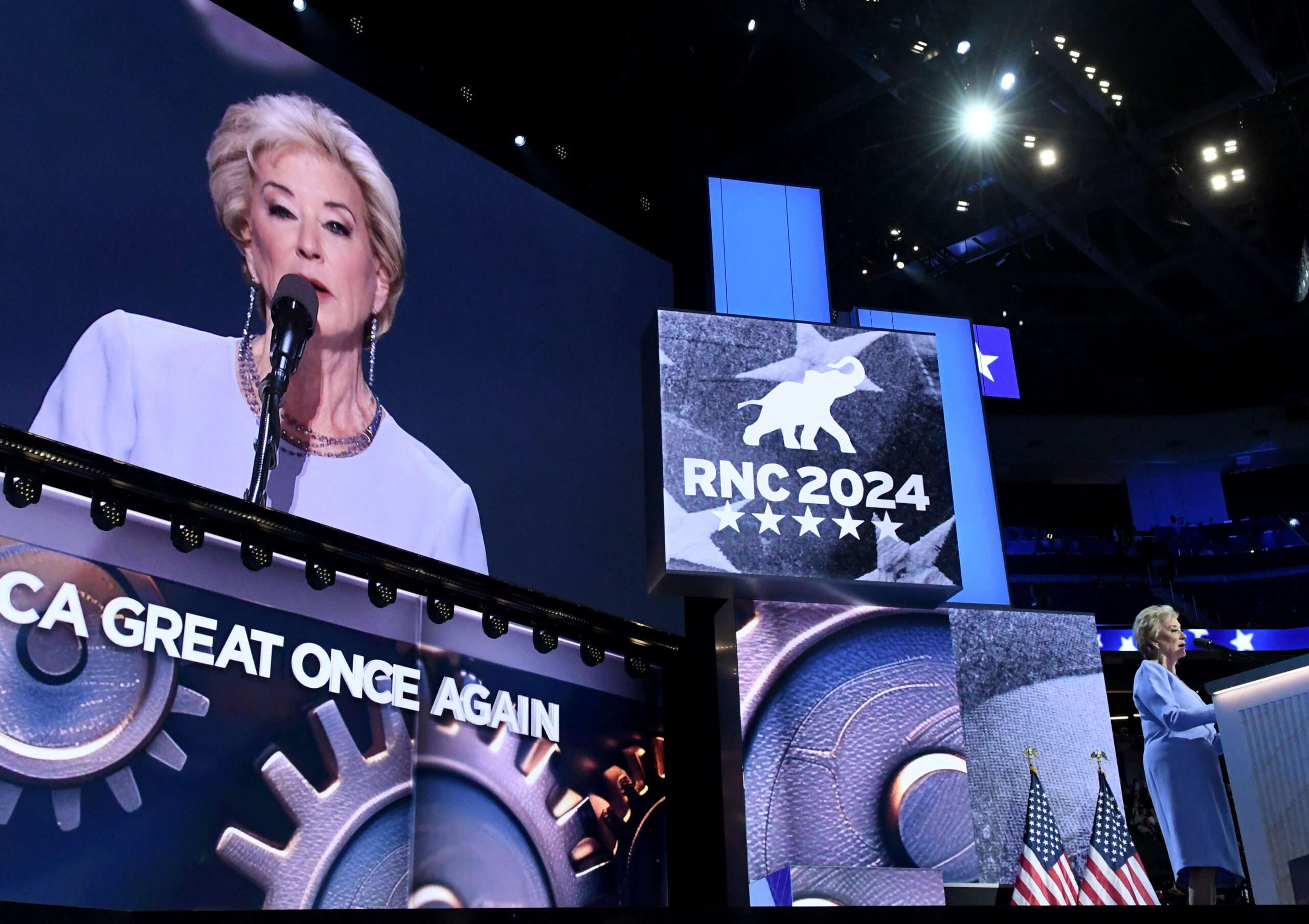Strategic Obsolescence
In a significant announcement, President-elect Donald Trump has chosen Linda McMahon to head the Education Department, a decision that underscores his ongoing mission to reshape American education policy. McMahon, known for her former role as the executive of World Wrestling Entertainment (WWE) and her tenure at the Small Business Administration during Trump’s first term, has limited experience in education, having served just one year on the Connecticut State Board of Education. However, Trump believes her leadership will facilitate his agenda of returning educational authority to the states, hinting at a long-term goal to abolish the federal department altogether, despite its established role since 1979. He articulated a desire to eliminate bureaucratic inefficiencies, bolstered by an almost $240 billion budget and over 4,000 employees, suggesting that many educational policies could be managed at the state level without federal intervention.
McMahon’s educational philosophies align relatively well with Trump’s embracing of school choice and charter schools, which resonates positively within libertarian circles. Throughout her political career, McMahon has championed accountability for educators and supports the current evaluation methods for teachers, underlining her commitment to high standards in education. She has publicly stated her belief in the value of apprenticeship programs, indicating a practical approach to career pathways that could reflect in her policy initiatives. Her appointment raises questions about the actual impact such changes might have on American education, especially in light of Trump’s controversial stances and the existing challenges faced by the education system.
The potential dismantling of the Department of Education also corresponds with a broader debate regarding educational reforms, especially the contentious issues surrounding Title IX changes that have affected the due process rights of those accused of sexual misconduct in educational institutions. The appointment of McMahon could signify a return to more favorable guidelines for students’ rights, as evidenced by changes made during Betsy DeVos’s term, which may become focal points of McMahon’s leadership. The positioning of education as a state responsibility speaks to a larger discussion on federal overreach and the autonomy of local education systems to tailor their needs without bureaucratic constraints, a sentiment echoed by various educational reform advocates.
Meanwhile, New York City reports reflect evolving consumer behavior, emphasizing a shift from traditional retail to experiential spaces as adults seek unique recreational activities. Architects and developers are increasingly investing in creating environments for entertainment, such as obstacle courses and immersive virtual reality experiences. This trend illustrates a growing desire for engaging leisure activities as opposed to conventional shopping, perhaps a response to changes in work-life balance and lifestyle preferences post-pandemic. However, personal sentiments shared highlight a divide between those embracing these experiences and others preferring the simplicity of traditional family-oriented recreational options.
In political developments, accusations against Florida Representative Matt Gaetz have re-emerged, further complicating his anticipated role as attorney general under Trump’s administration. Allegations, including past interactions with an underage girl, remain under scrutiny despite testimony suggesting Gaetz was unaware of the girl’s age. His resignation from the House has led to questions about the implications on ongoing investigations and the ethics surrounding his appointment, revealing potential partisan dynamics at play in the decision-making process regarding high-profile appointments within the new administration. The dismissal of the House Ethics Committee’s report due to his resignation has raised eyebrows and illustrates the complex interplay of accountability in political roles.
Overall, the interplay between educational reform, changing societal behaviors, and ongoing political controversies paints a complex picture of the current American socio-political landscape. Linda McMahon’s appointment signals a possible recalibration of education policies towards state governance, echoing broader calls for less federal intervention. Concurrently, the impacts of lifestyle changes and political accountability weigh heavily on public discourse, revealing significant fluctuations in what Americans prioritize in both their public institutions and societal engagements moving forward. As the new administration sets its course, how these themes unfold will likely shape both immediate educational policies and the broader cultural interactions within American society.
Share this content:












Post Comment